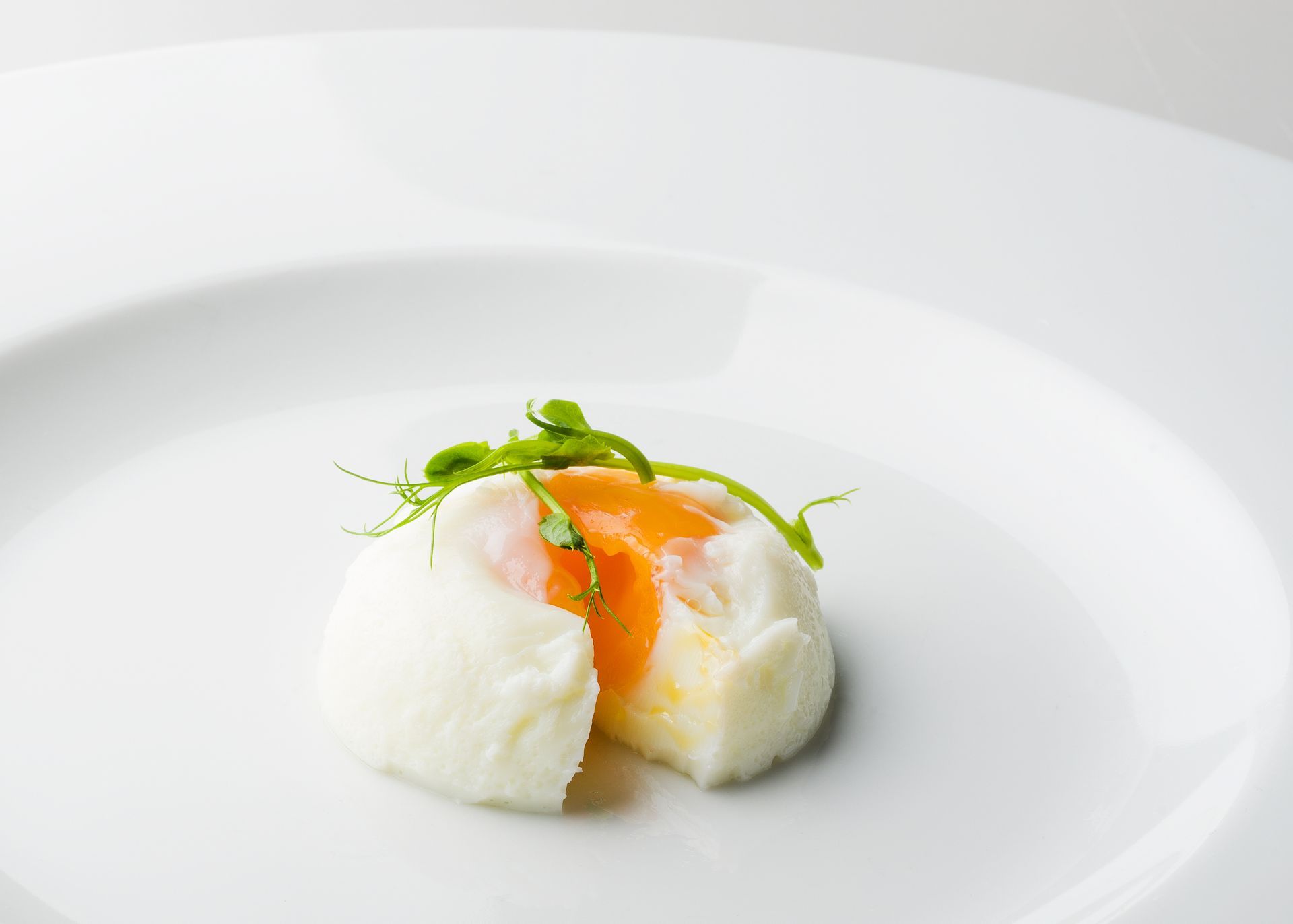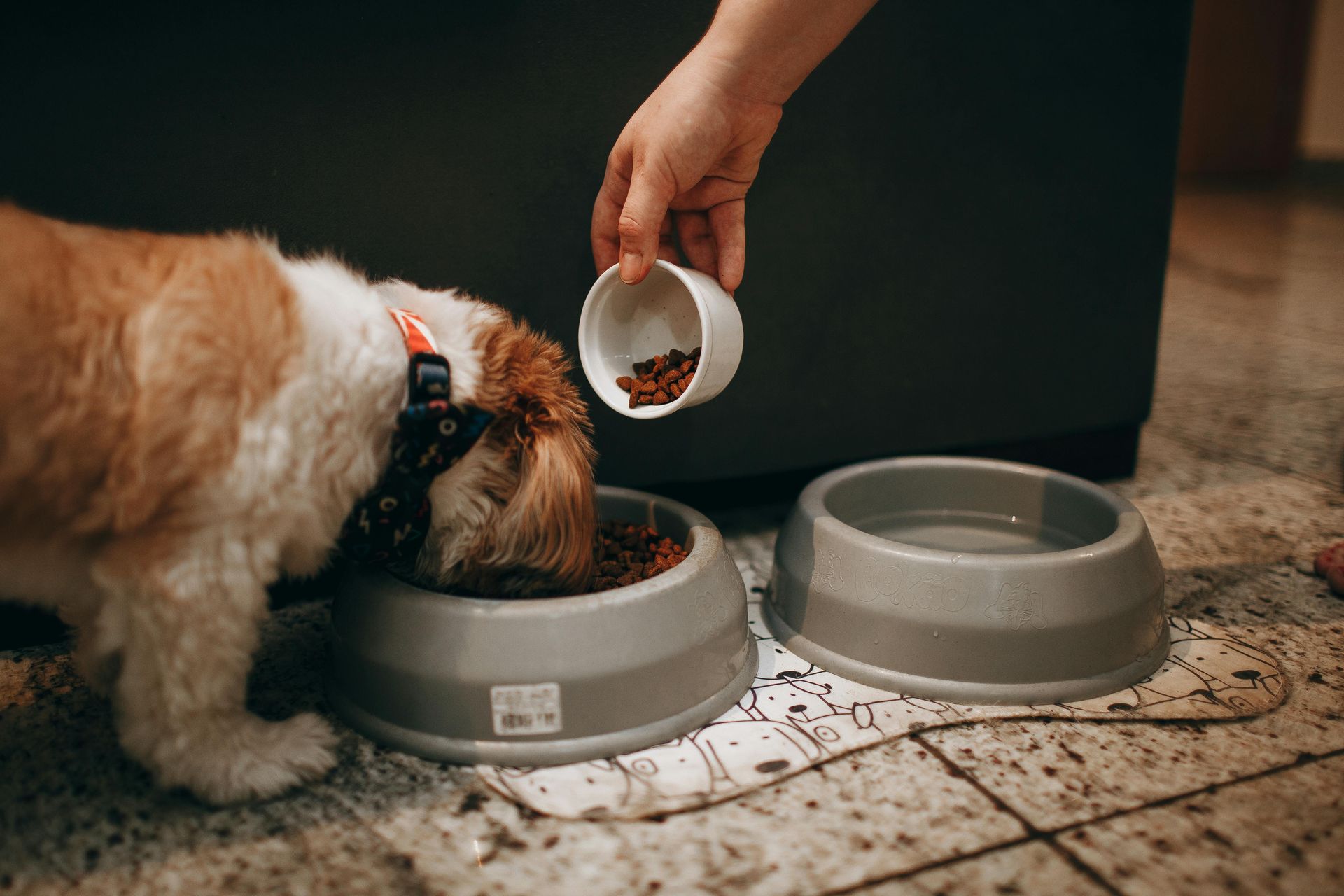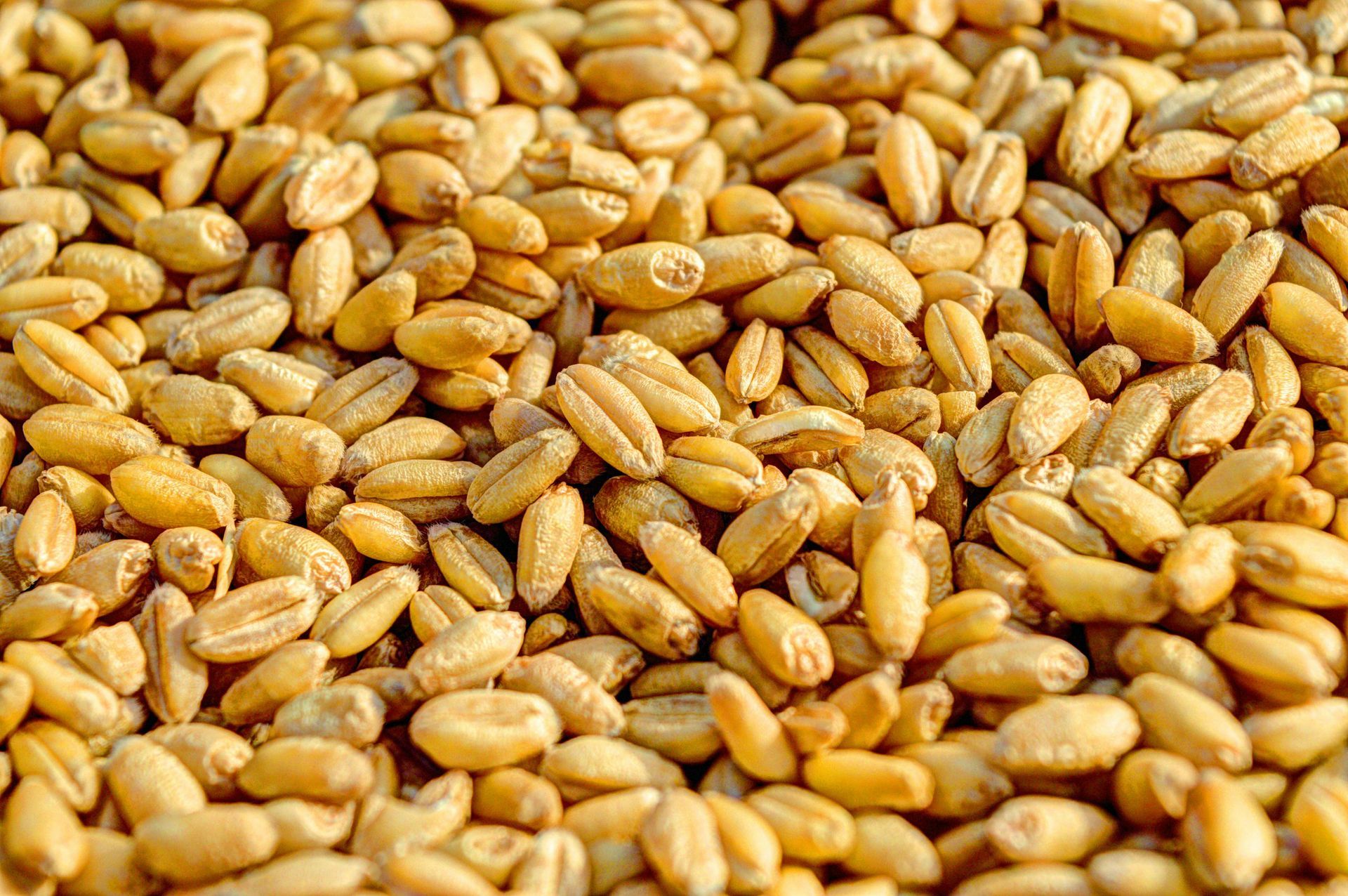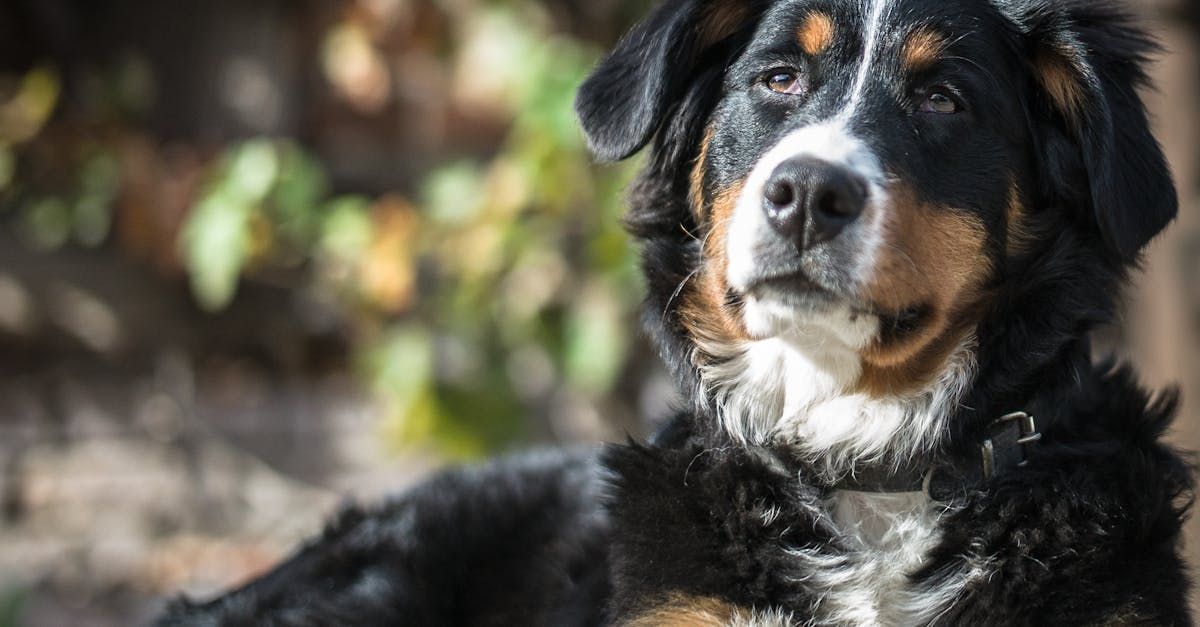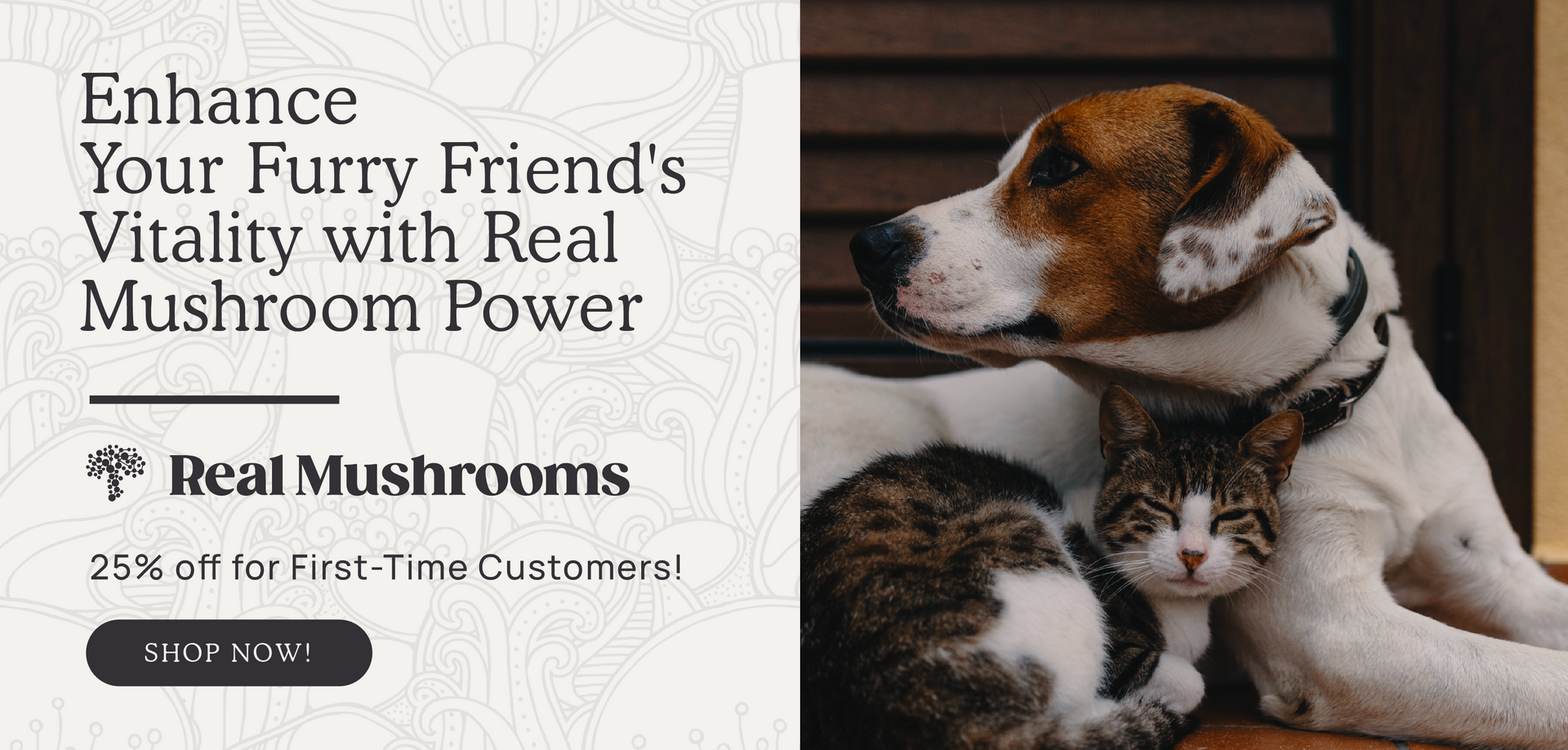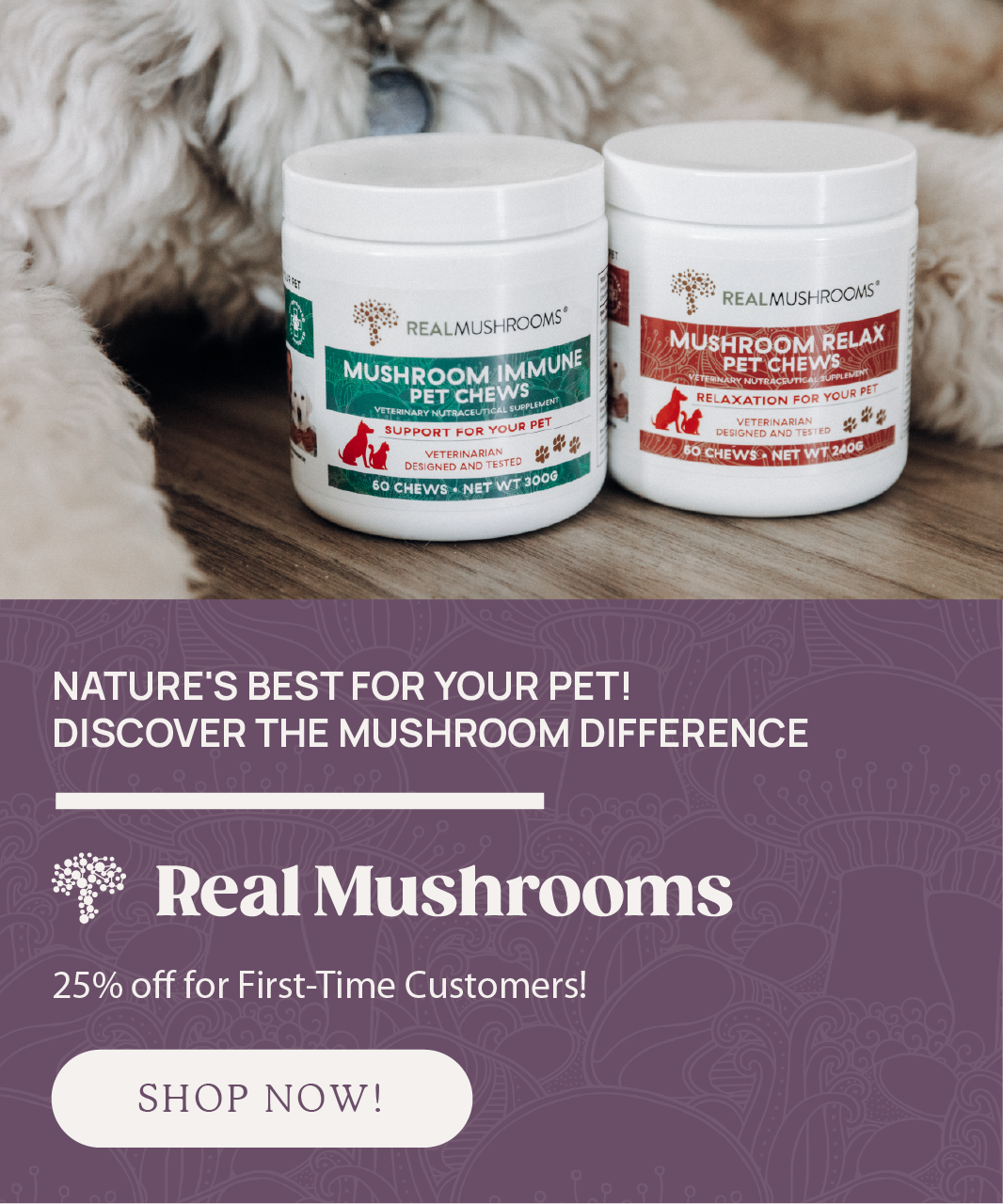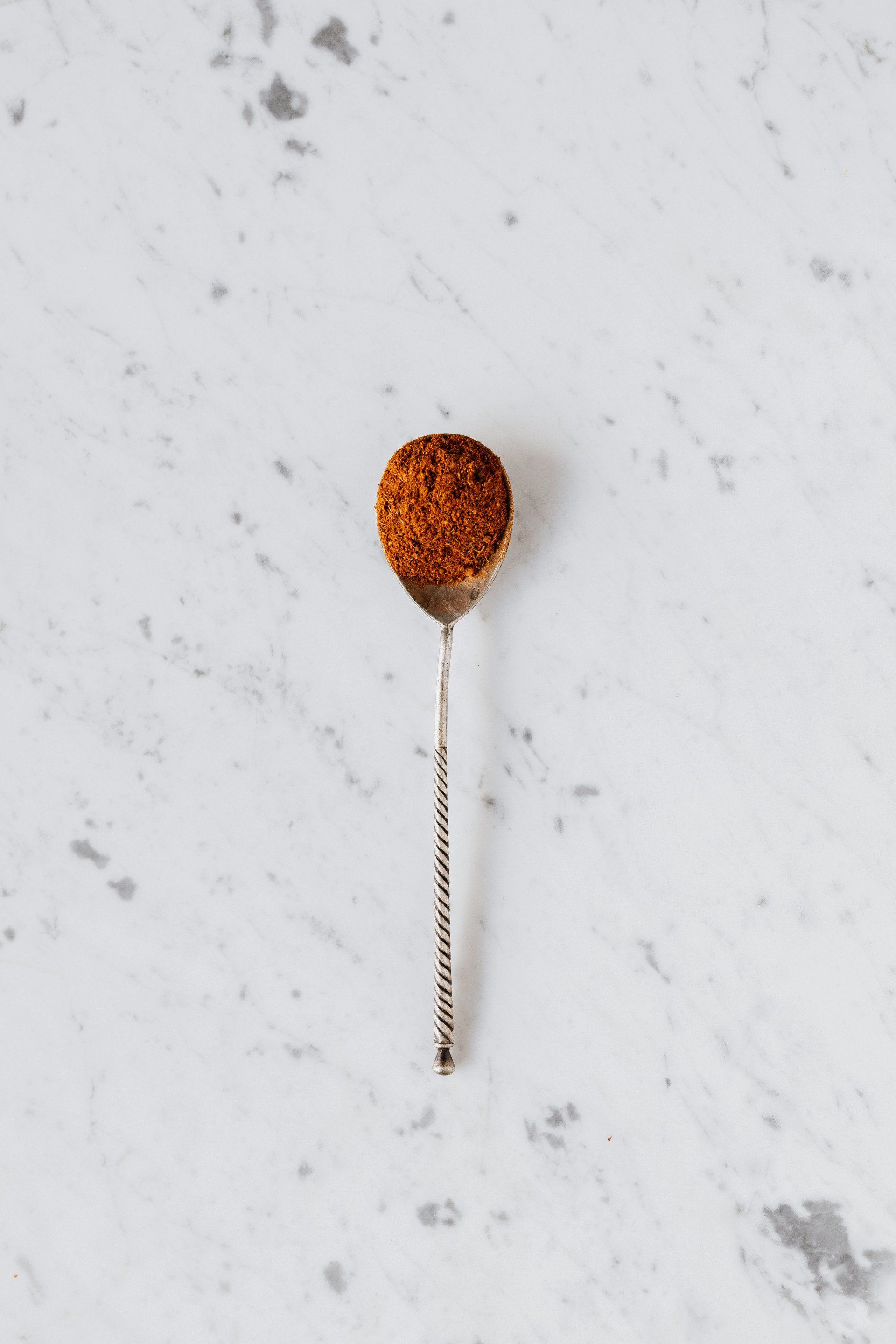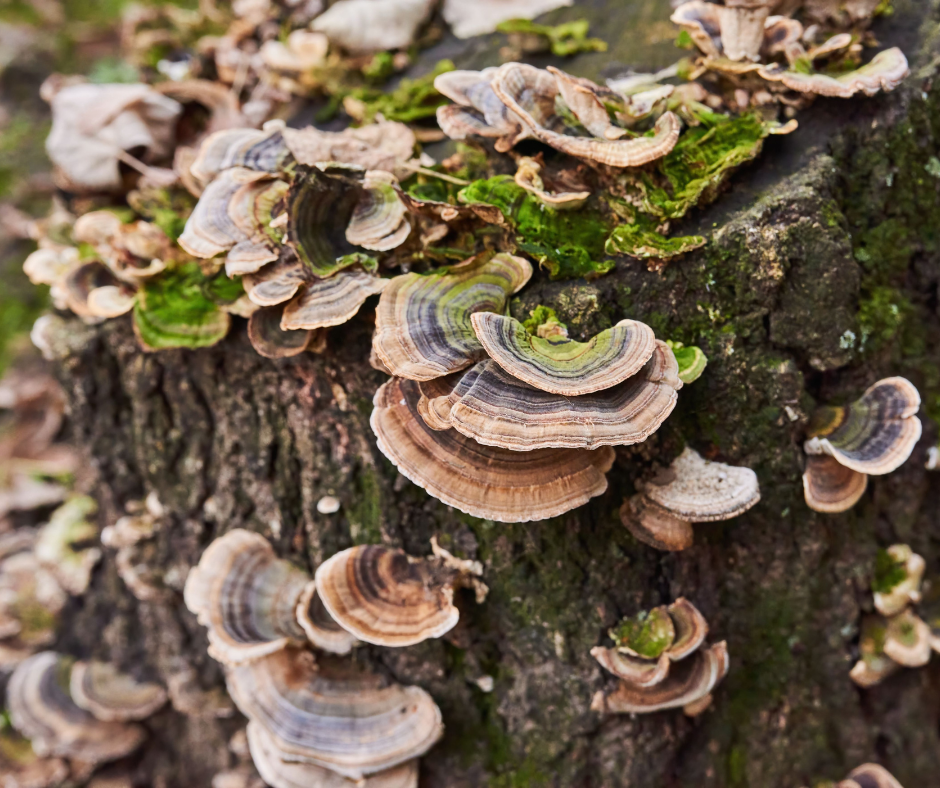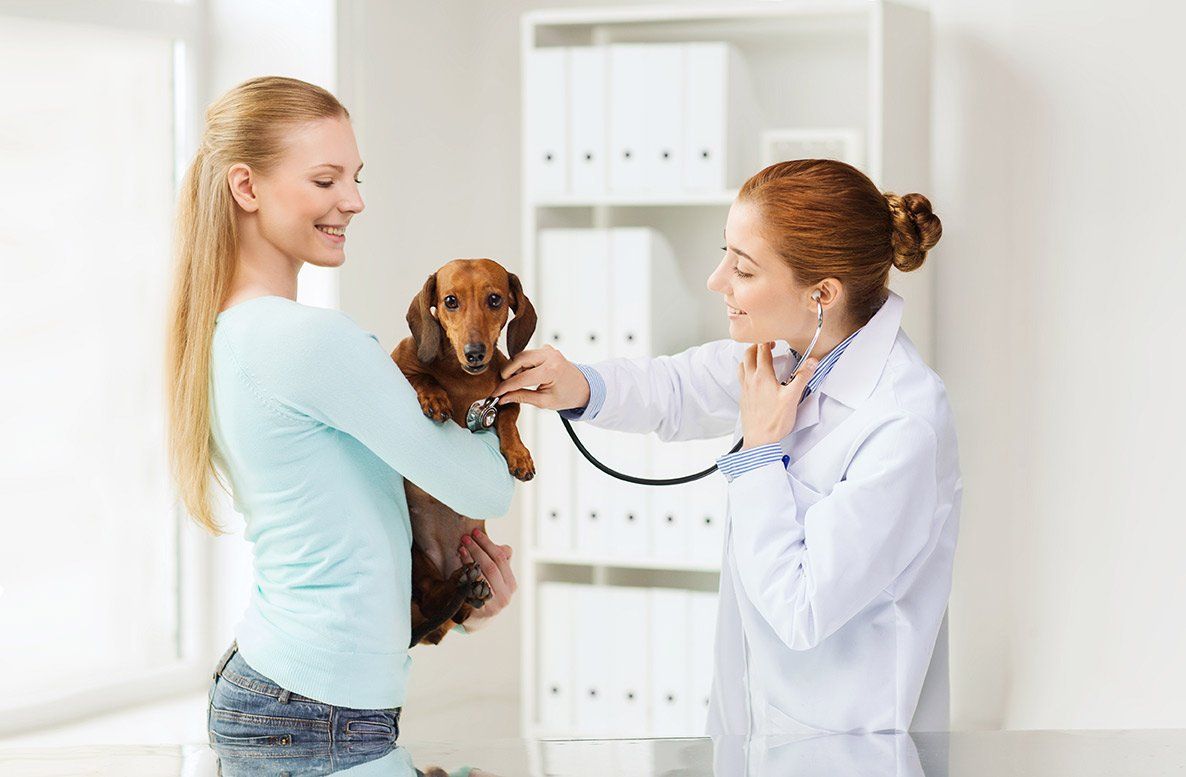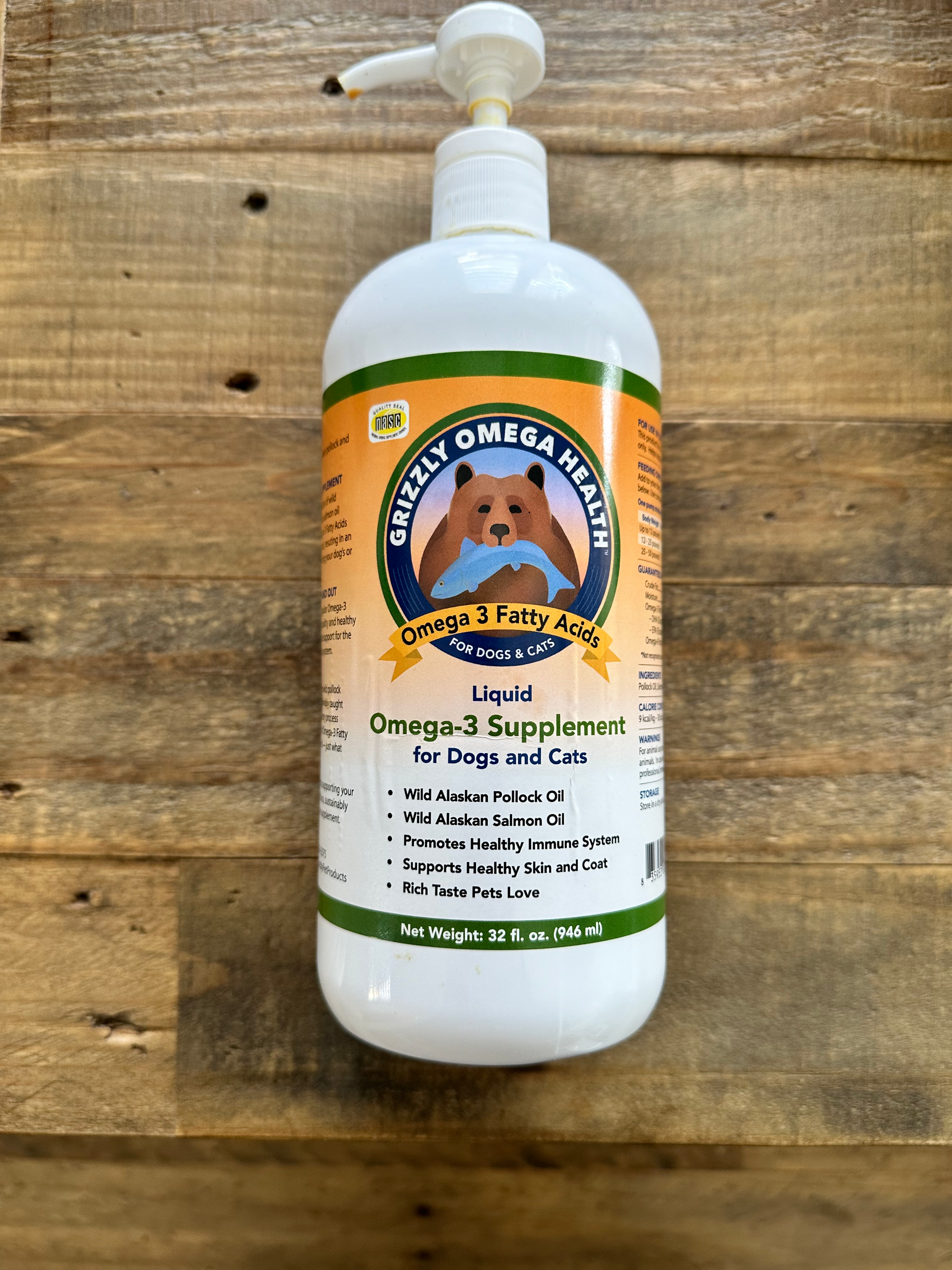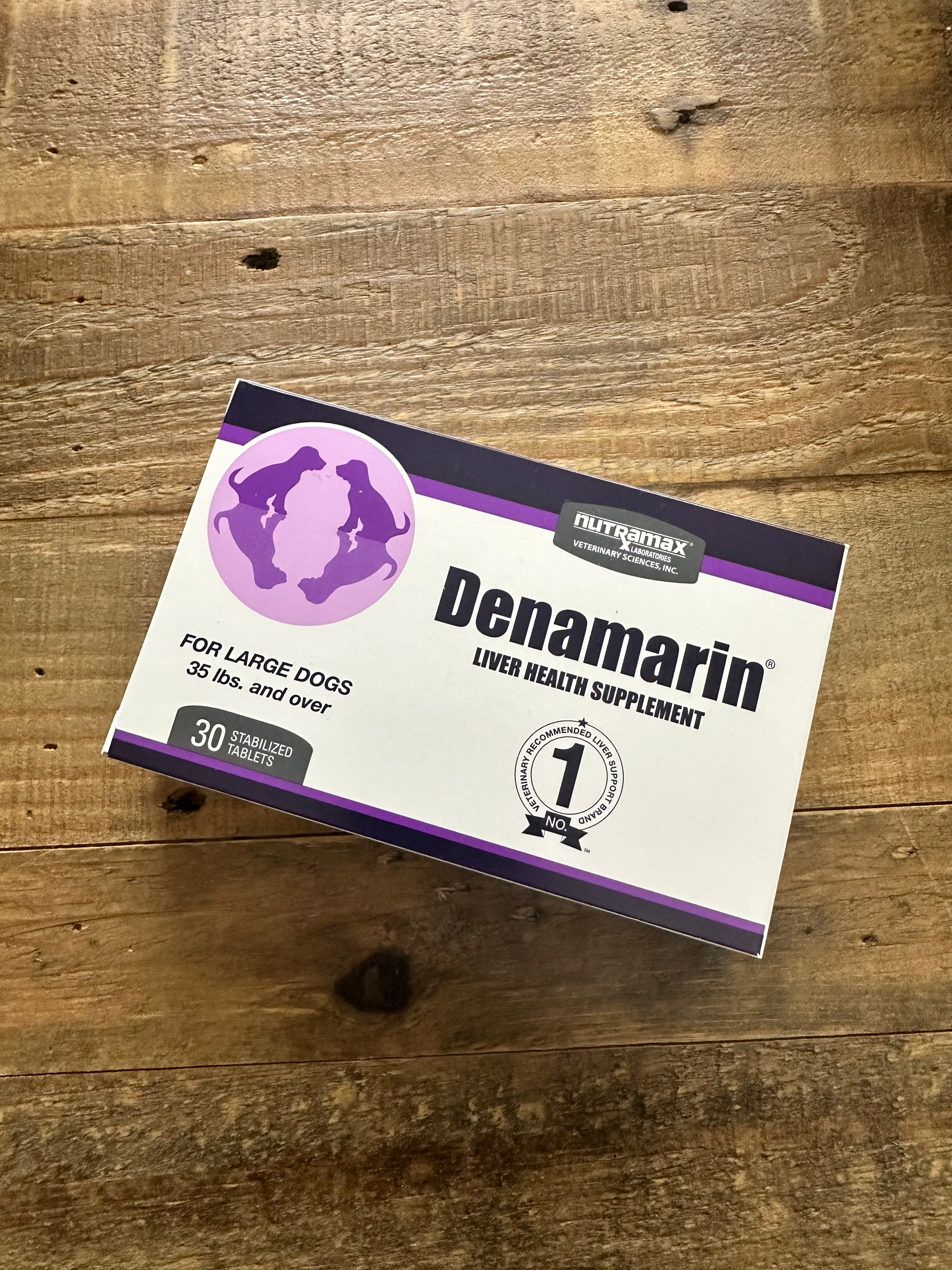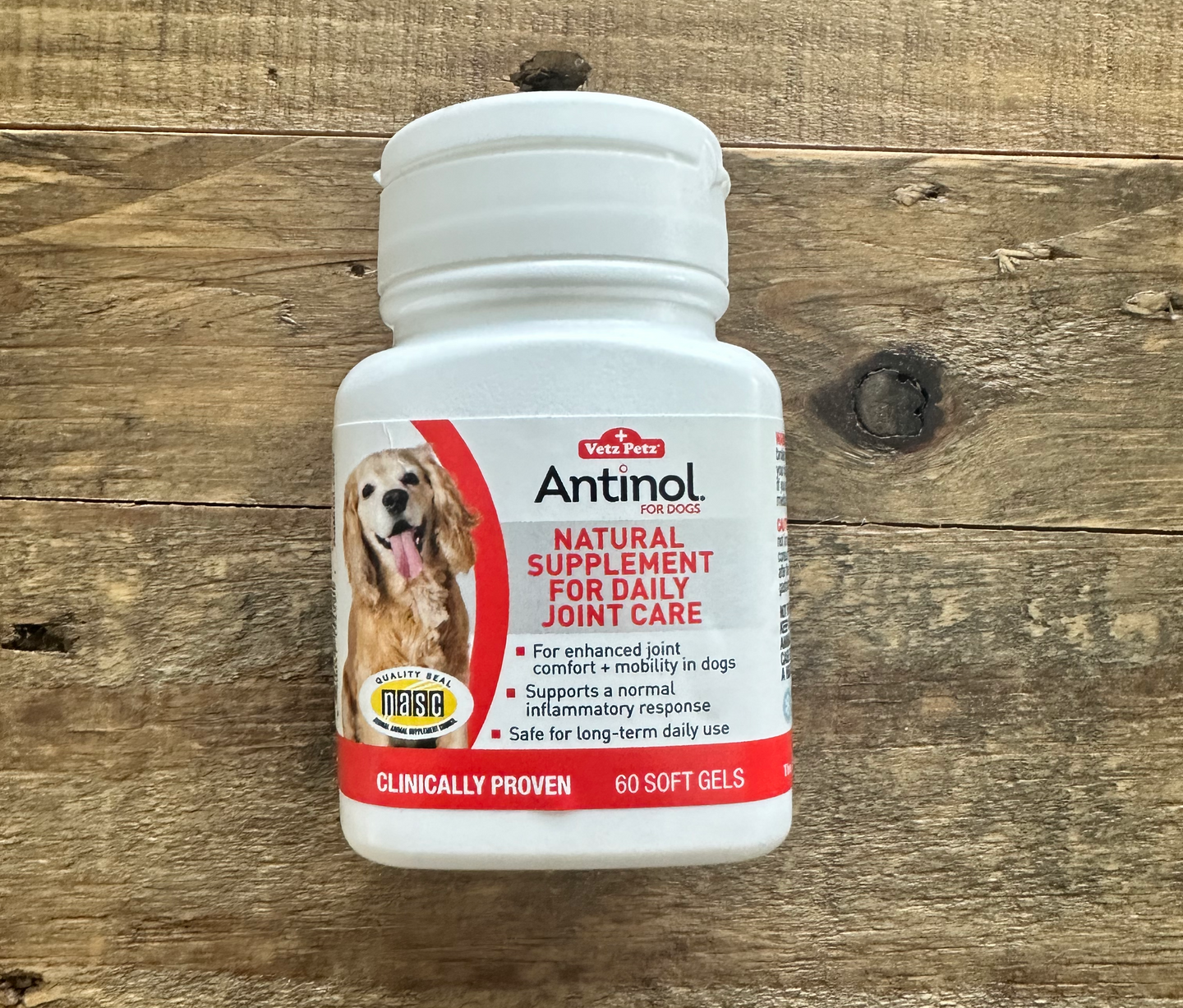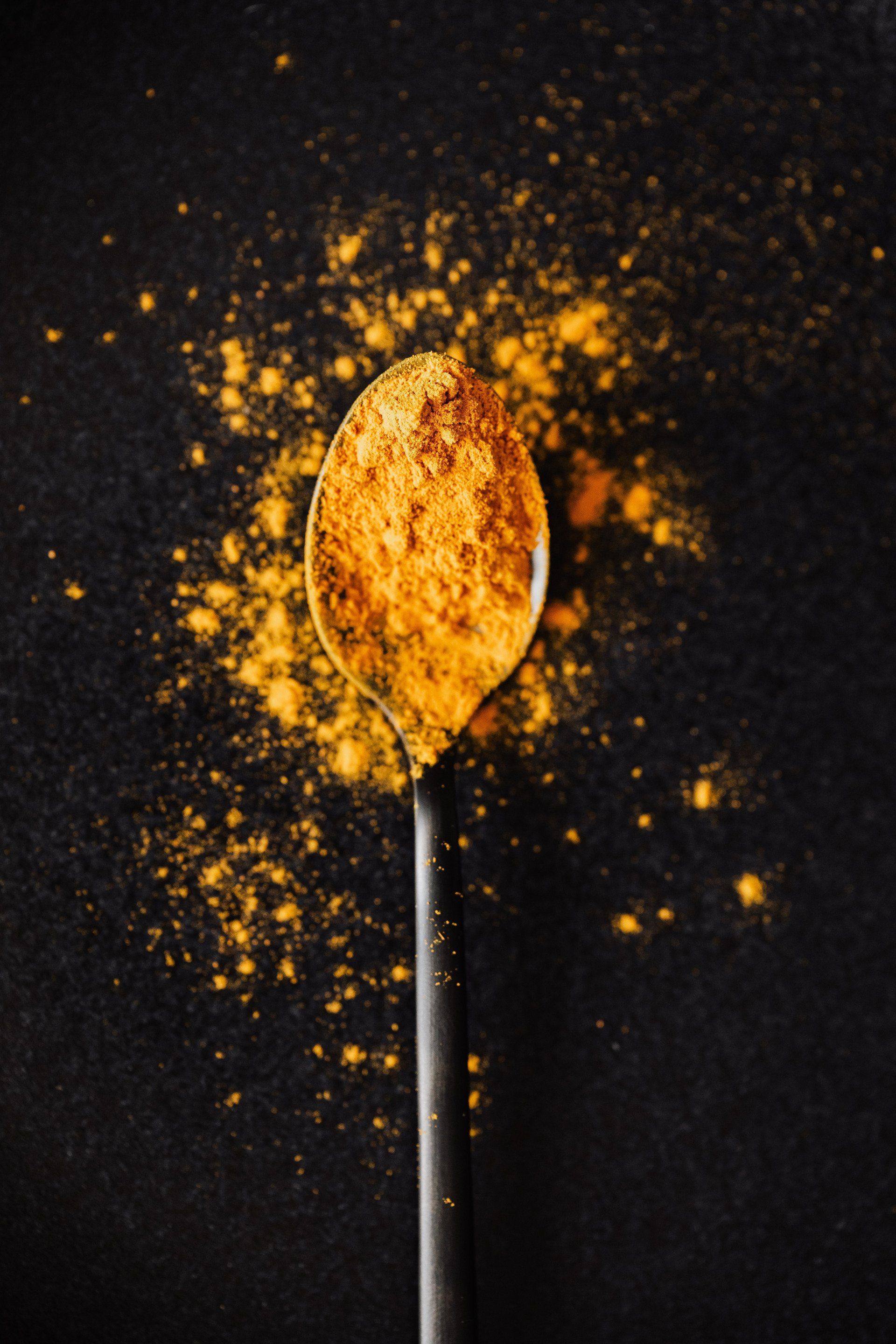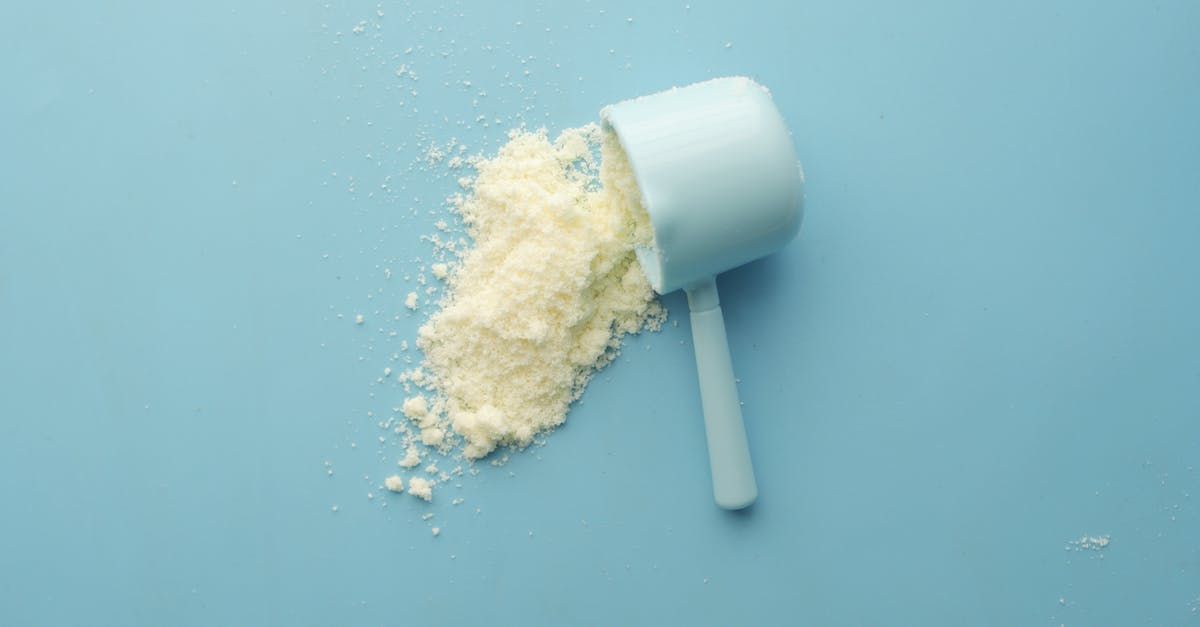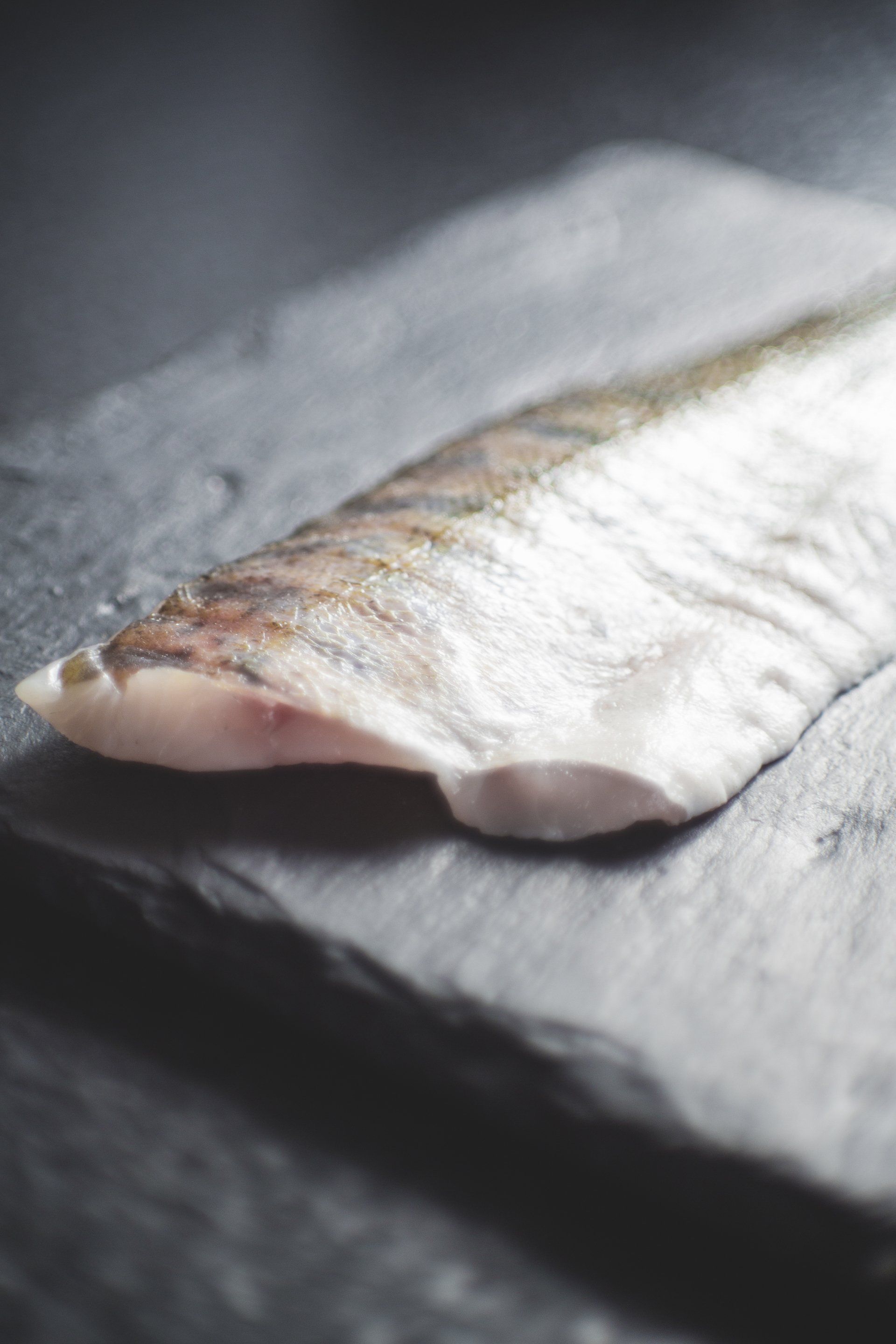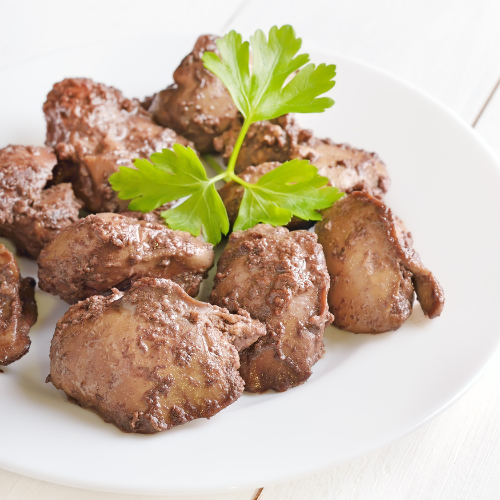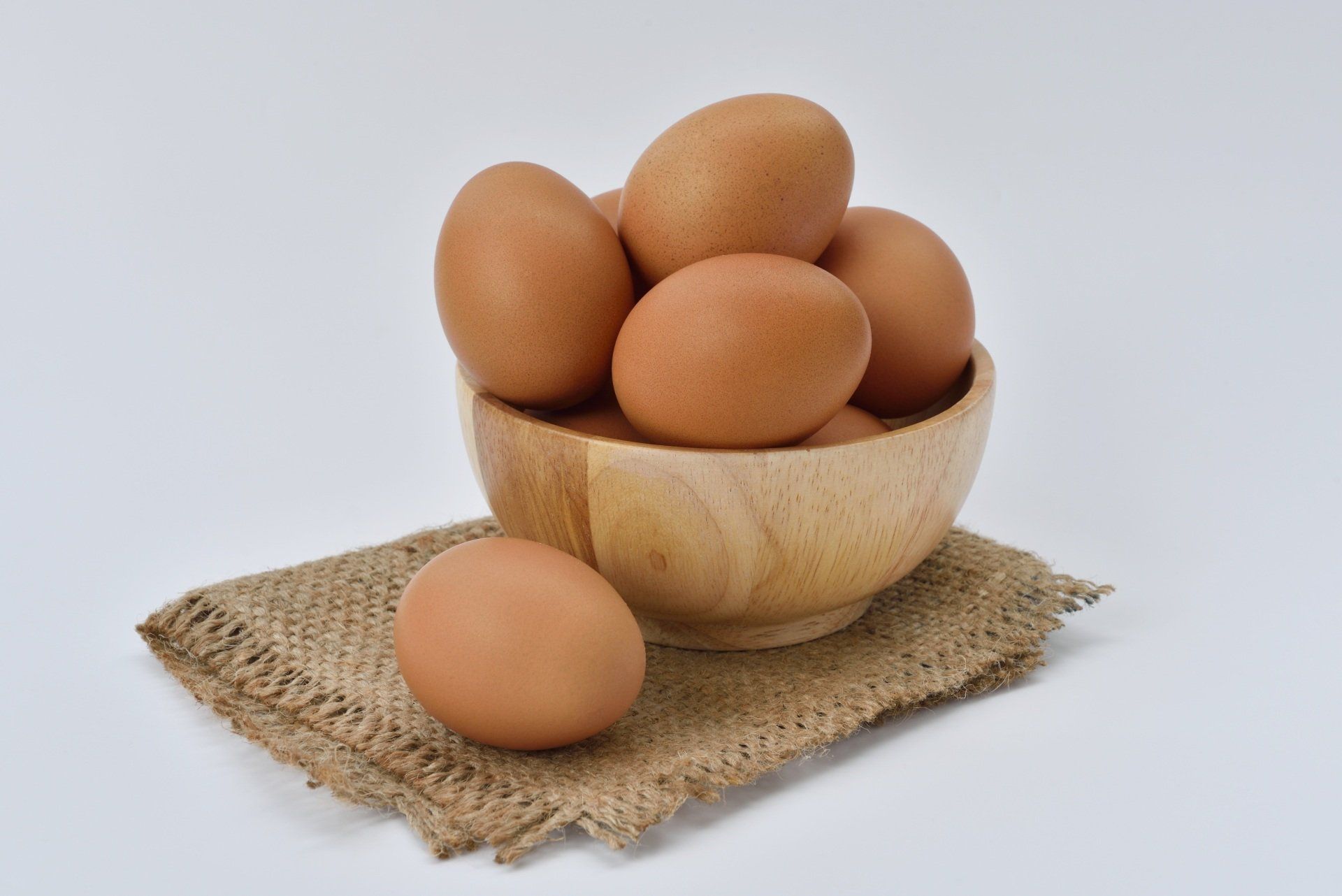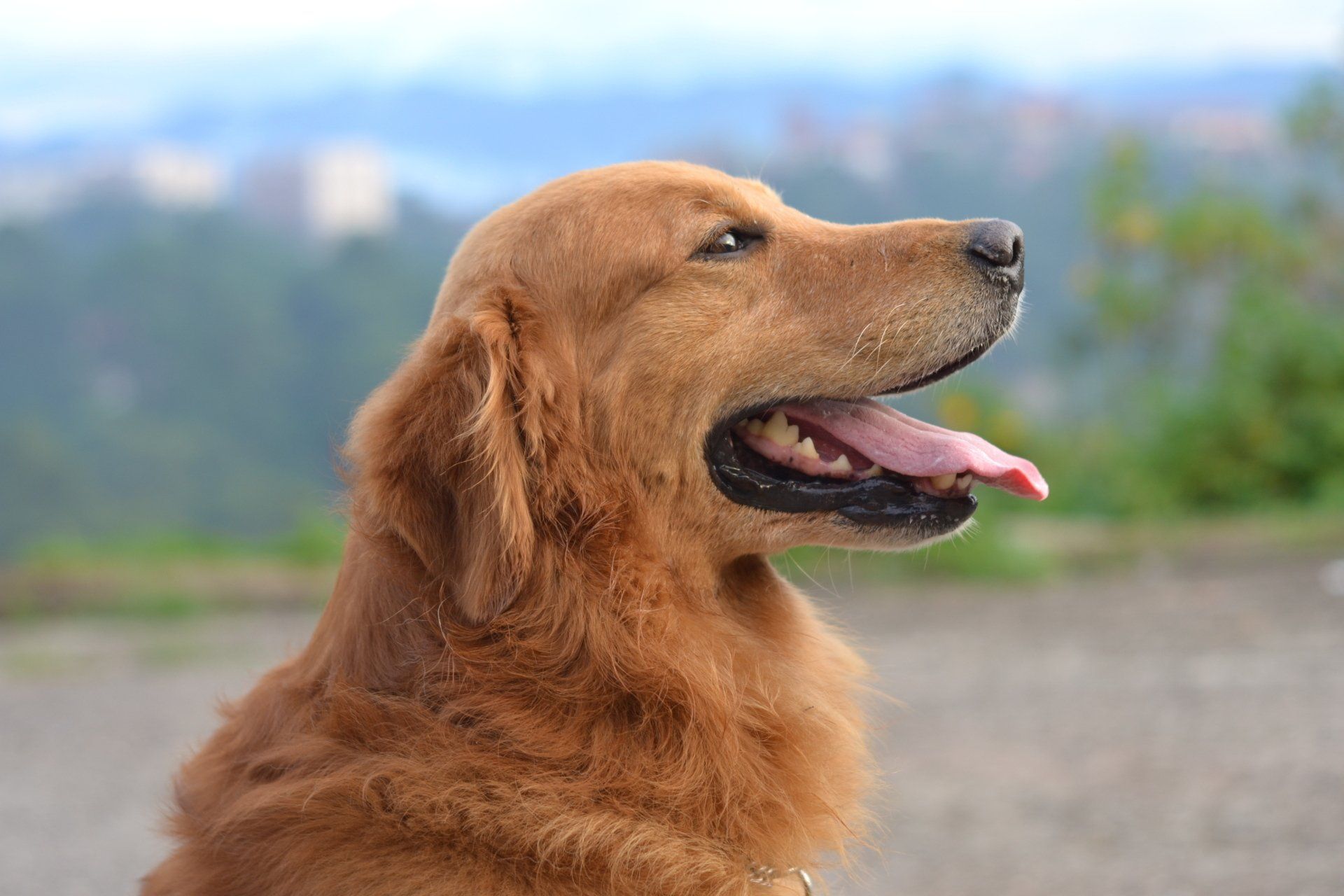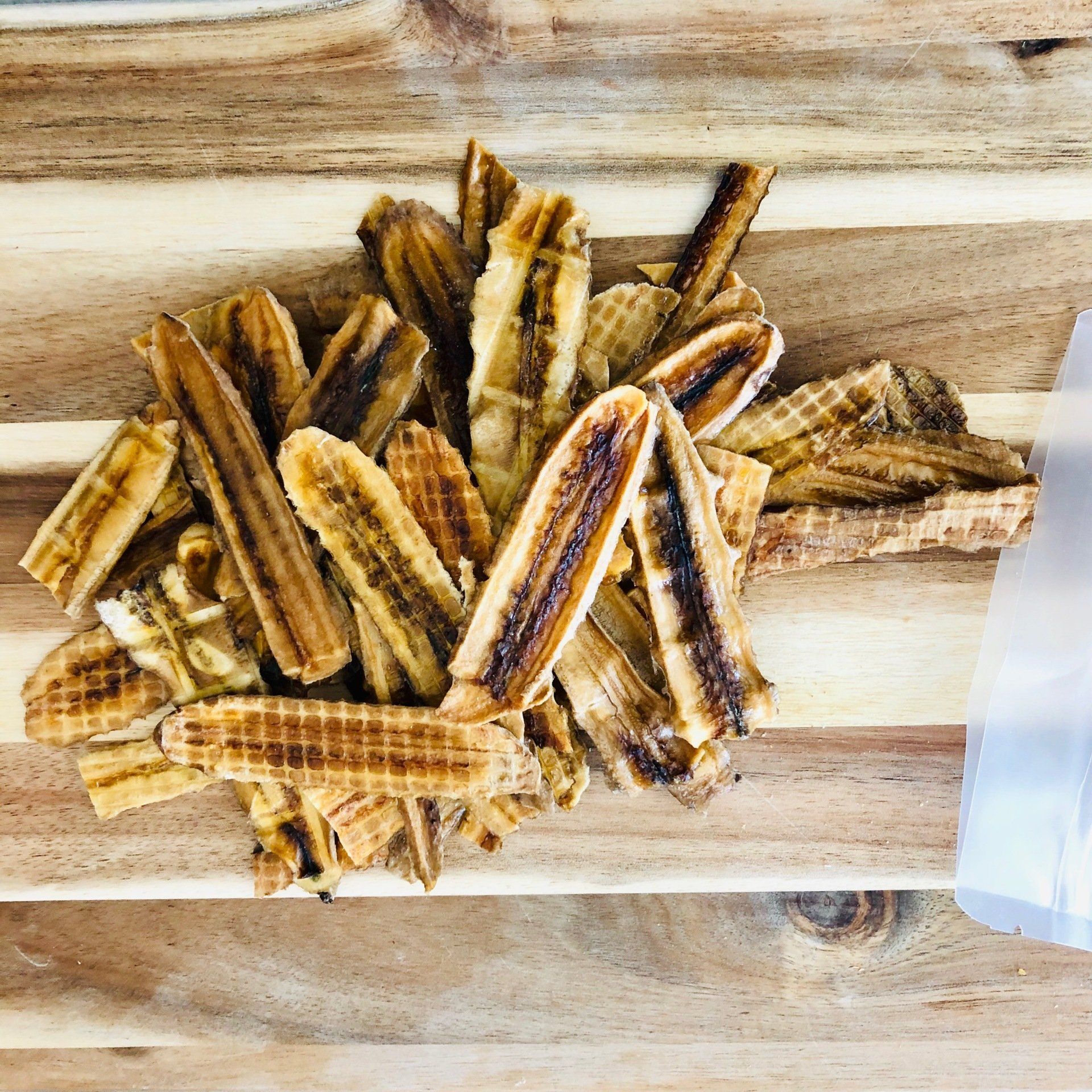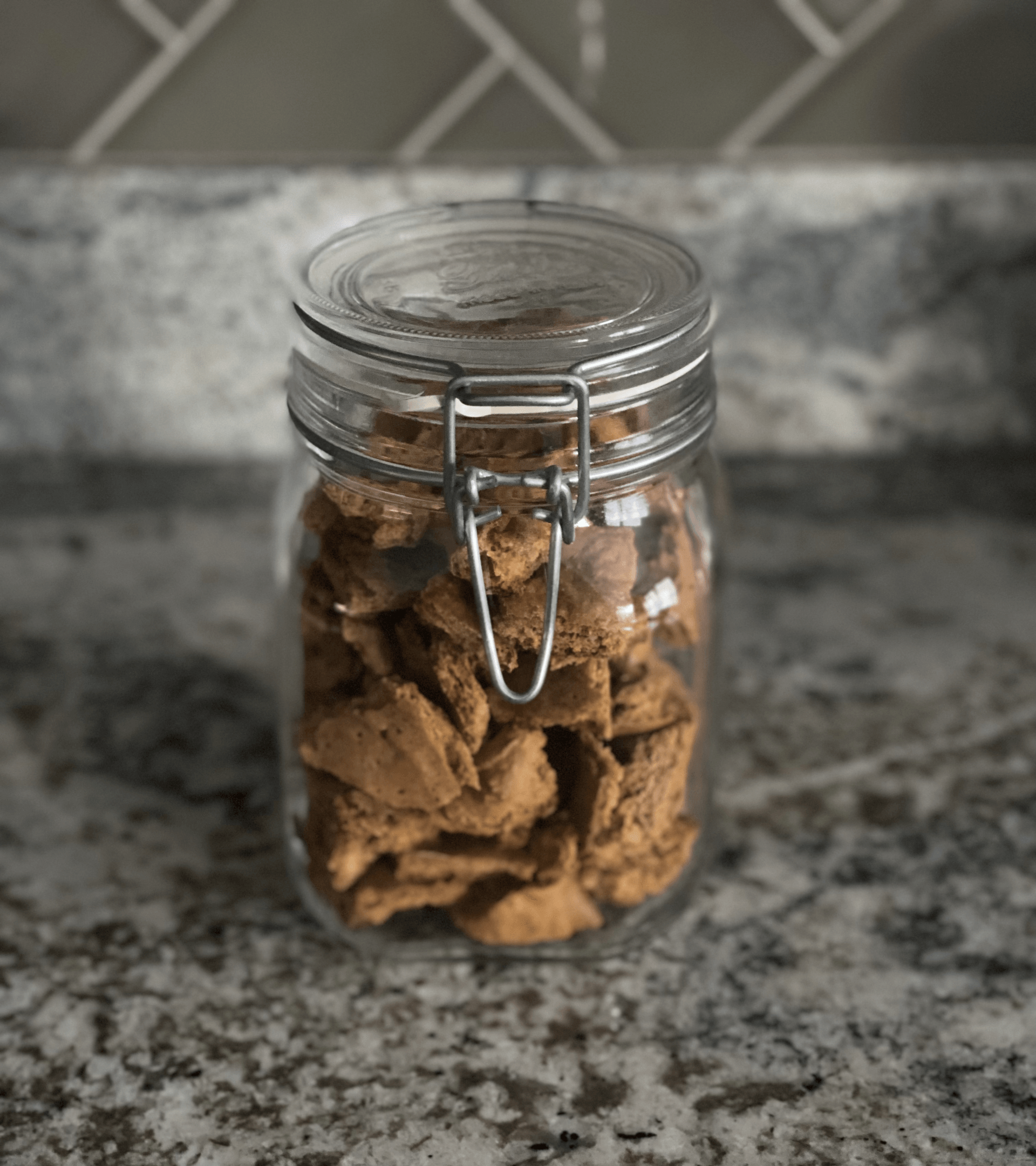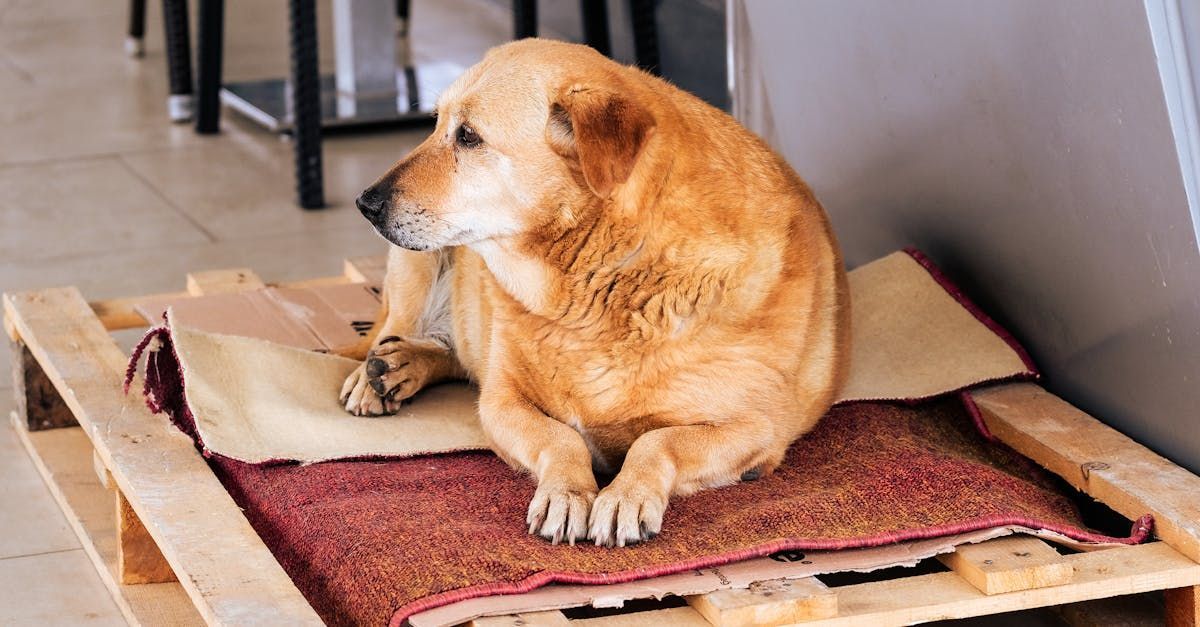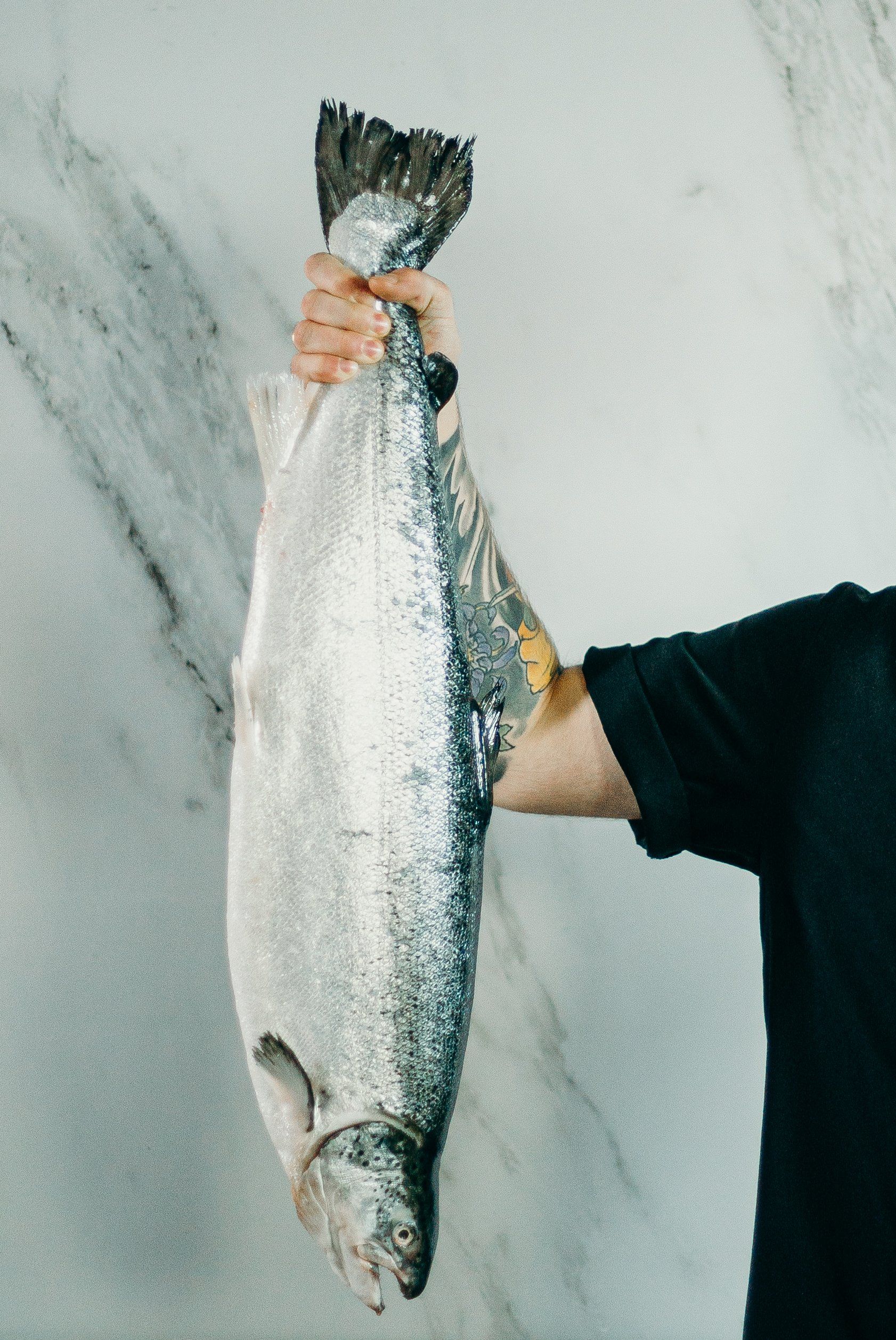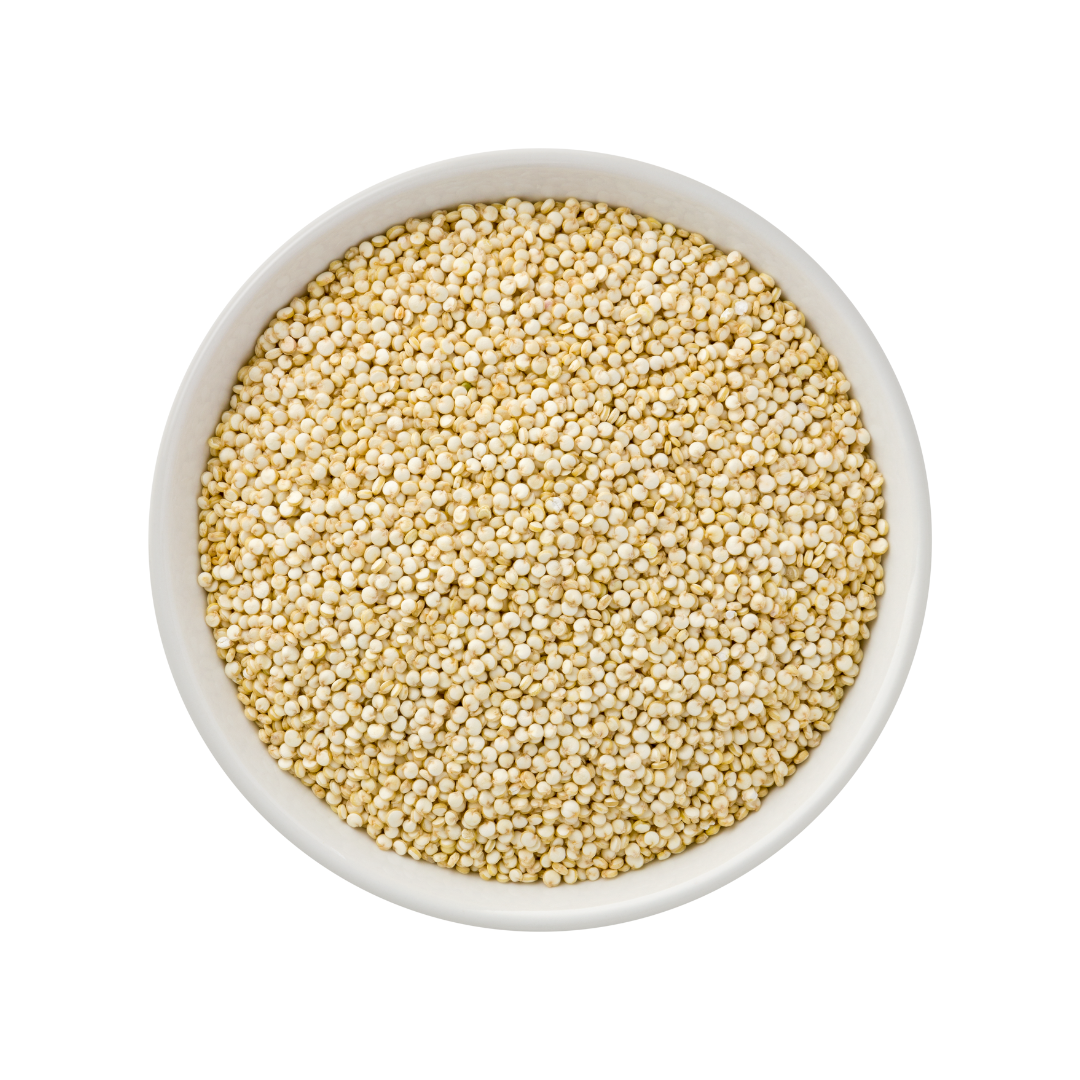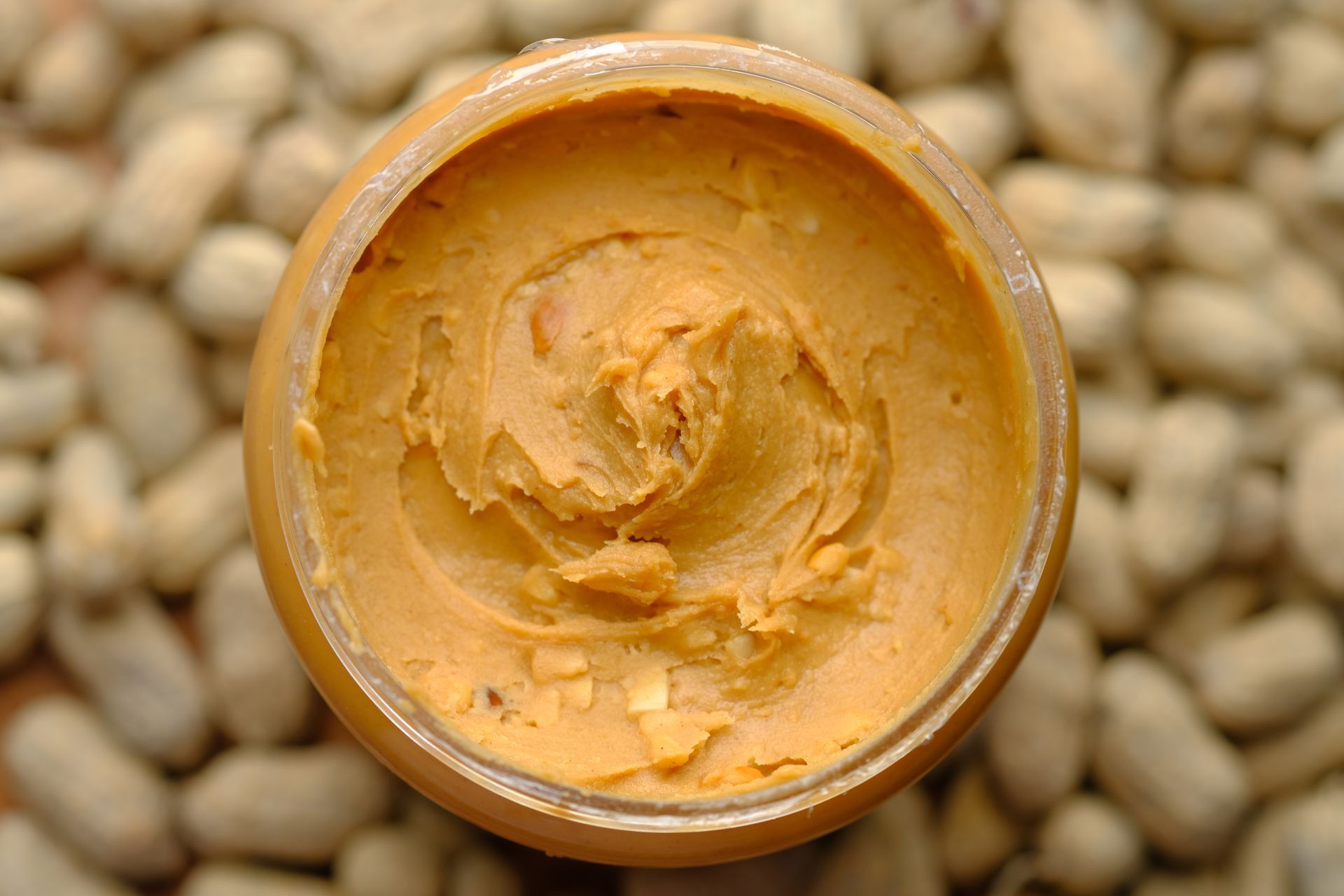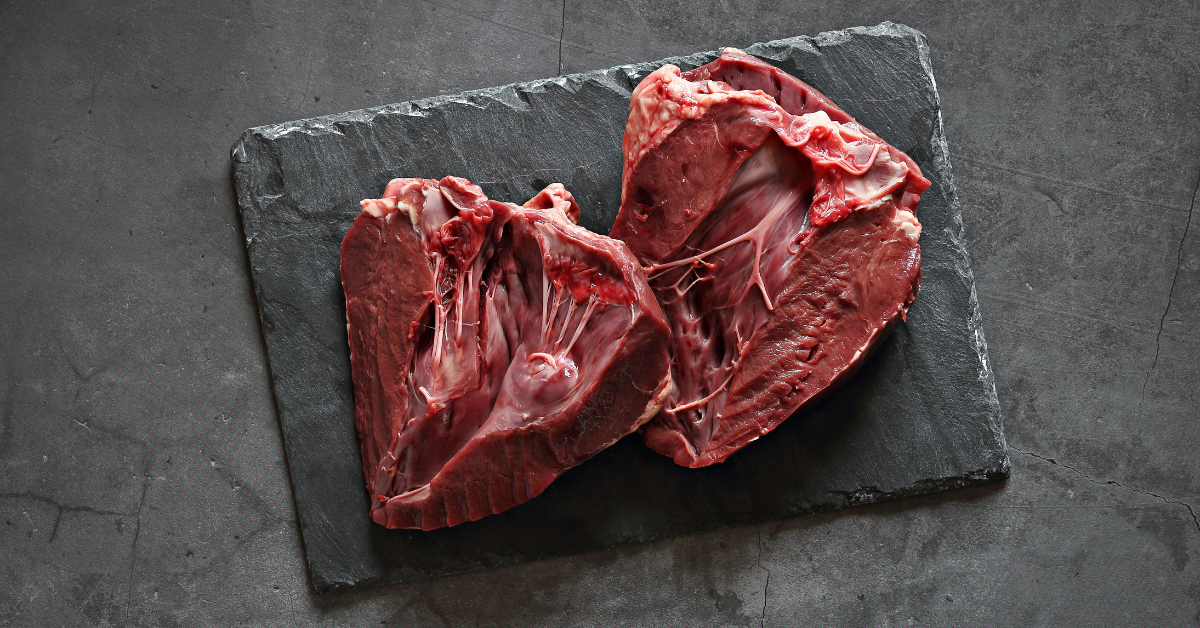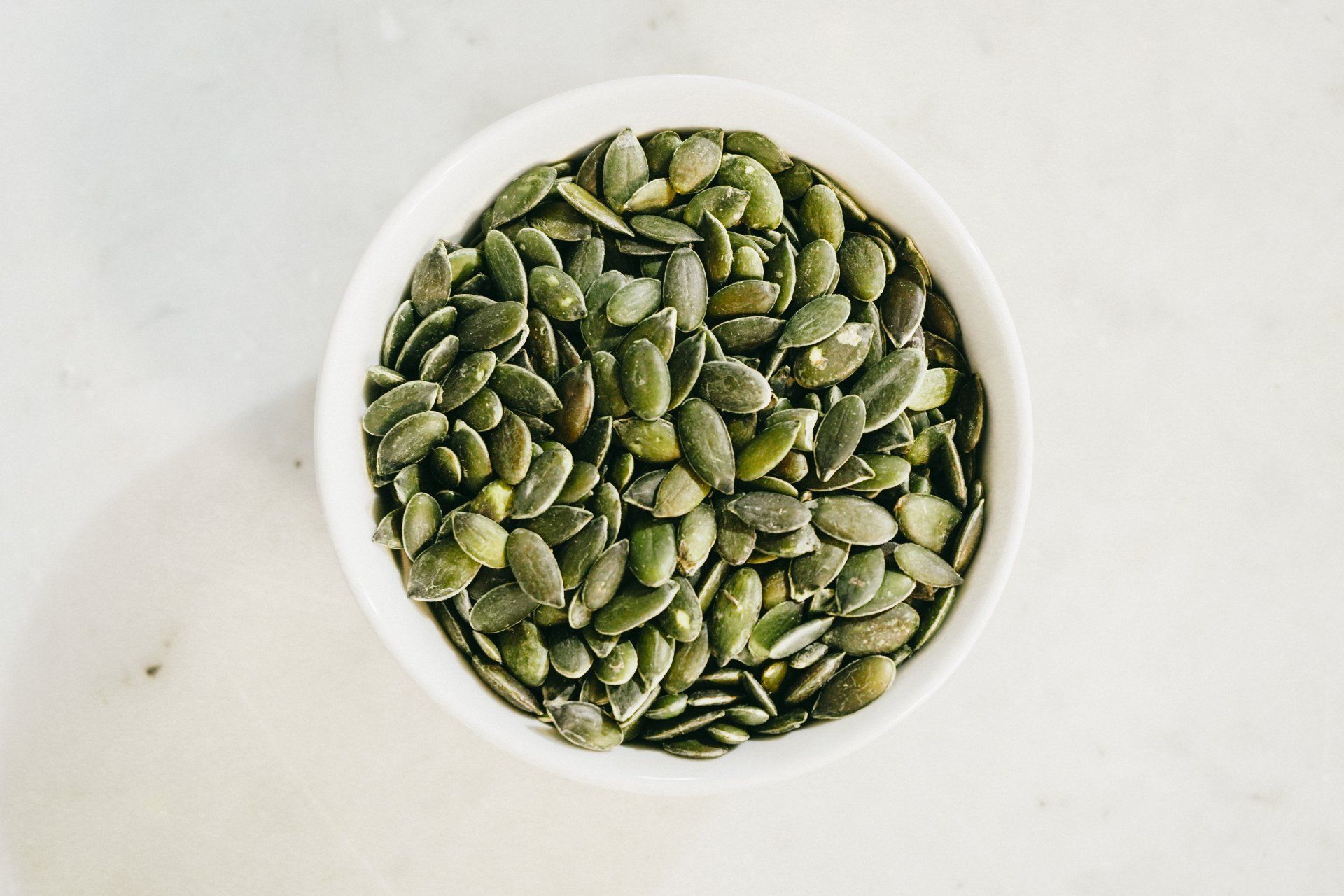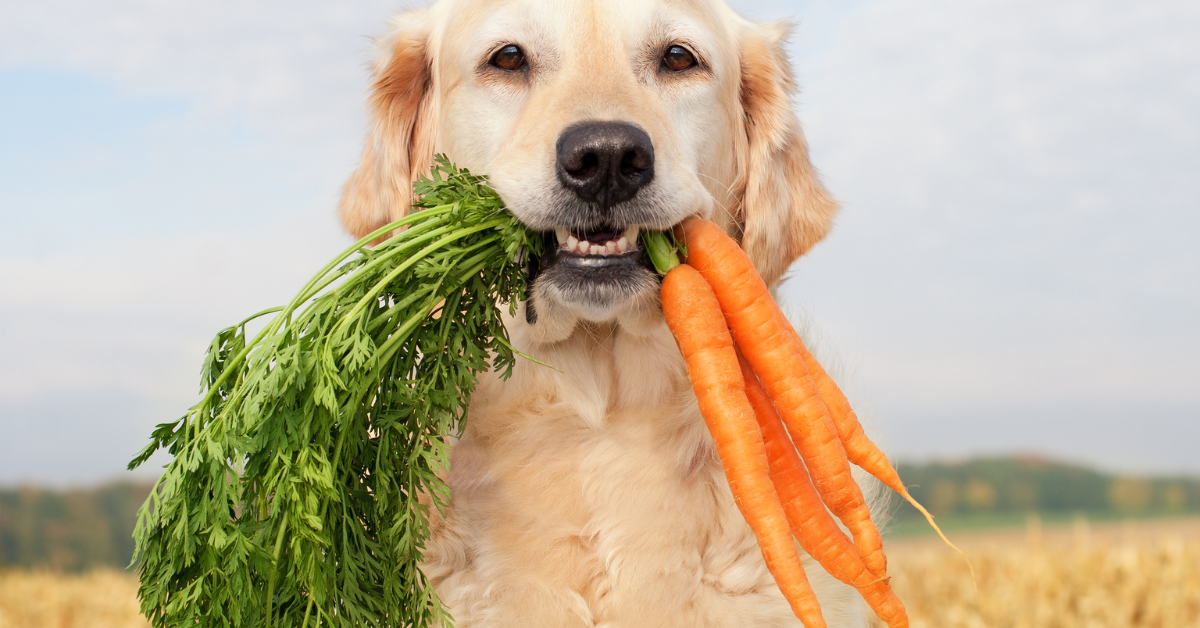Nutritional Benefits of Eggs
Eggs aren't just human breakfast staples; they're packed with nutrients that can benefit your furry friend too! Let's crack open the benefits:
Muscle Powerhouse: Eggs are loaded with high-quality protein, the building blocks for strong muscles and healthy growth in your dog. Imagine a playful pup with boundless energy, thanks to the protein power of eggs!
Shiny Coat, Happy Pup: Omega-3 fatty acids in eggs work wonders for your dog's skin and coat. Say goodbye to dry, itchy patches and hello to a sleek, healthy shine!
Vitamin Vault: Eggs are a treasure trove of vitamins and minerals – A, D, E, and B-complex vitamins, to name a few. These essential nutrients support your dog's overall health and well-being, from immune function to healthy bones.
Happy Tummy, Happy Dog: The protein and fat in eggs can aid digestion and promote a healthy gut in your canine companion. No more tummy troubles, just a happy pup ready for playtime!
Two ways to poach eggs
Method 1: Swirl and Poach
- Bring a shallow pan of water to a gentle simmer. Aim for small bubbles but no rolling boil.
- Crack an egg into a small bowl or ramekin.
- Create a vortex in the simmering water. Use a spoon to stir the water in a circular motion until it forms a whirlpool.
- Gently pour the egg into the center of the vortex. The swirling motion will help the egg white wrap around the yolk.
- Cook for 3-4 minutes for a runny yolk, 5-6 minutes for a firmer yolk. Use a slotted spoon to remove the egg and drain on paper towels.
Method 2: Vinegar and Poach
- Bring a shallow pan of water to a simmer. Add 1 tablespoon of white vinegar.
- Crack an egg into a small bowl or ramekin.
- Stir the simmering water to create a gentle swirl.
- Add the egg to the pan and cook for 3-4 minutes for a runny yolk, 5-6 minutes for a firmer yolk. Use a slotted spoon to remove the egg and drain on paper towels.
Tips:
- Use fresh eggs for the best results. Older eggs will have looser whites that spread more easily.
- Start with cold water and bring it to a simmer gradually. This helps prevent the whites from toughening.
- Don't overcrowd the pan. Poach only one or two eggs at a time to avoid them sticking together.
Important things to keep in mind
Moderation is key: While eggs are a good source of protein and nutrients, they should be offered as an occasional treat, not a regular part of your dog's diet. They can be high in fat and cholesterol, which can be problematic for certain dogs.
Consult your veterinarian: Before introducing any new food to your dog's diet, consult your veterinarian. They can advise you on whether eggs are suitable for your dog based on their individual health and dietary needs. They can also recommend appropriate serving sizes and cooking methods.
Be aware of potential allergies: Some dogs may have allergies to eggs, which can manifest as digestive issues, skin problems, or other symptoms. Watch your dog closely after feeding them eggs and discontinue if you notice any adverse reactions.


